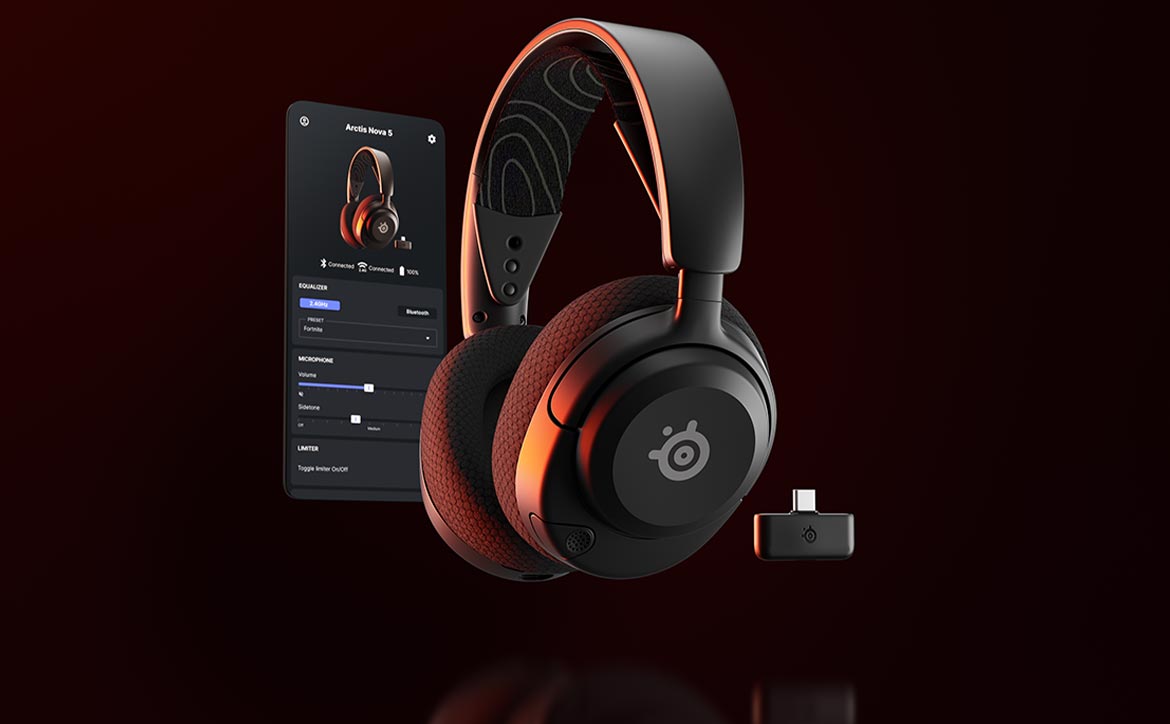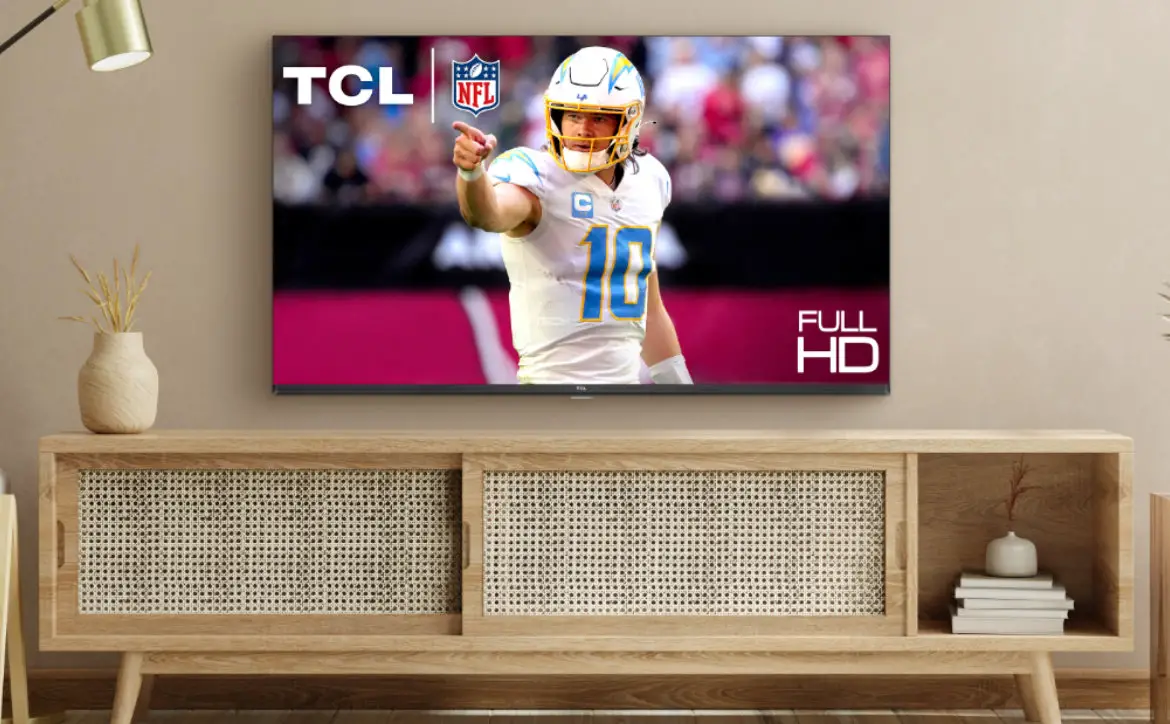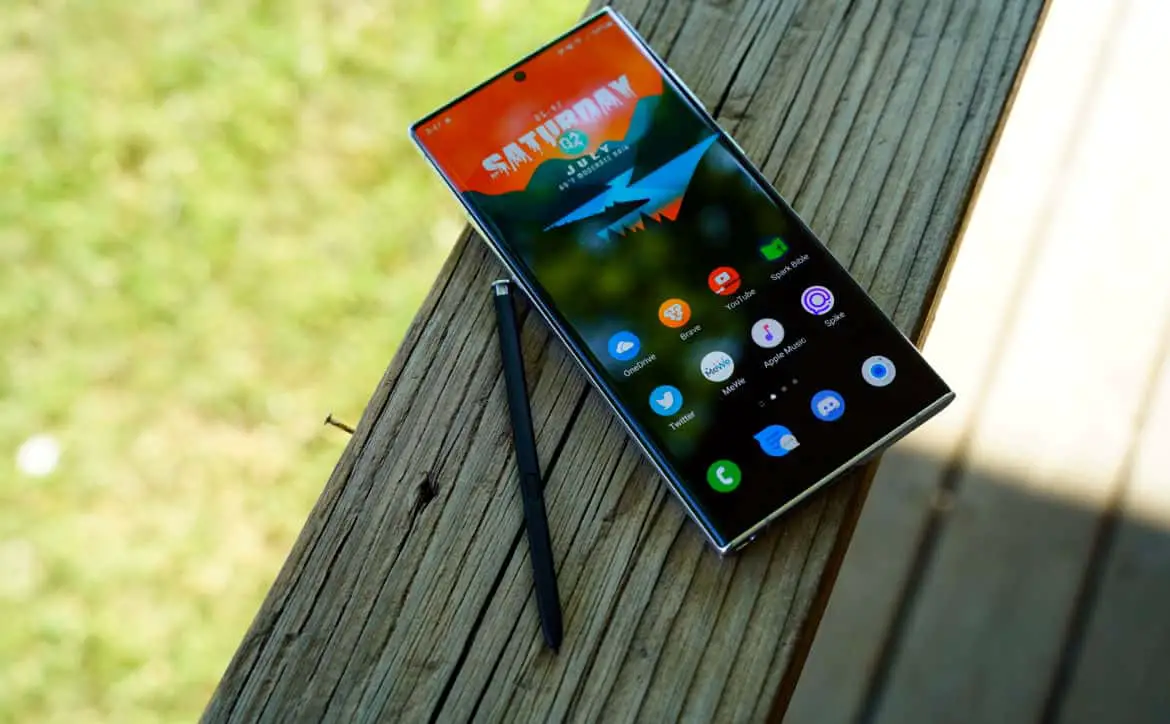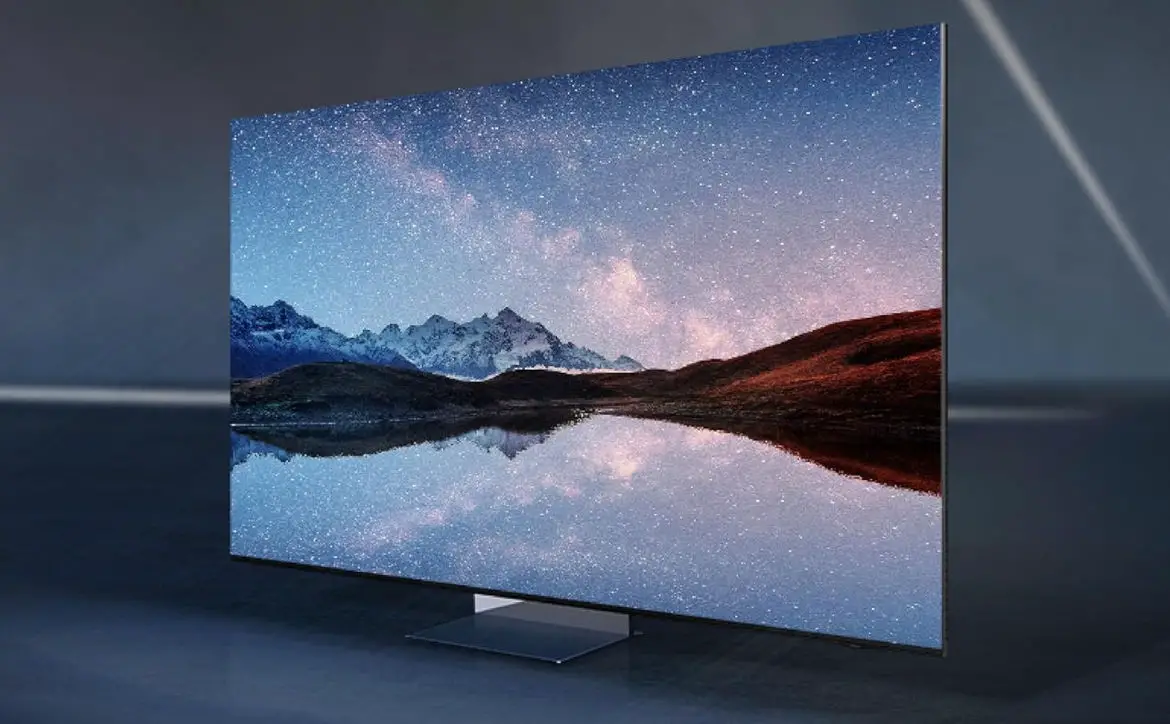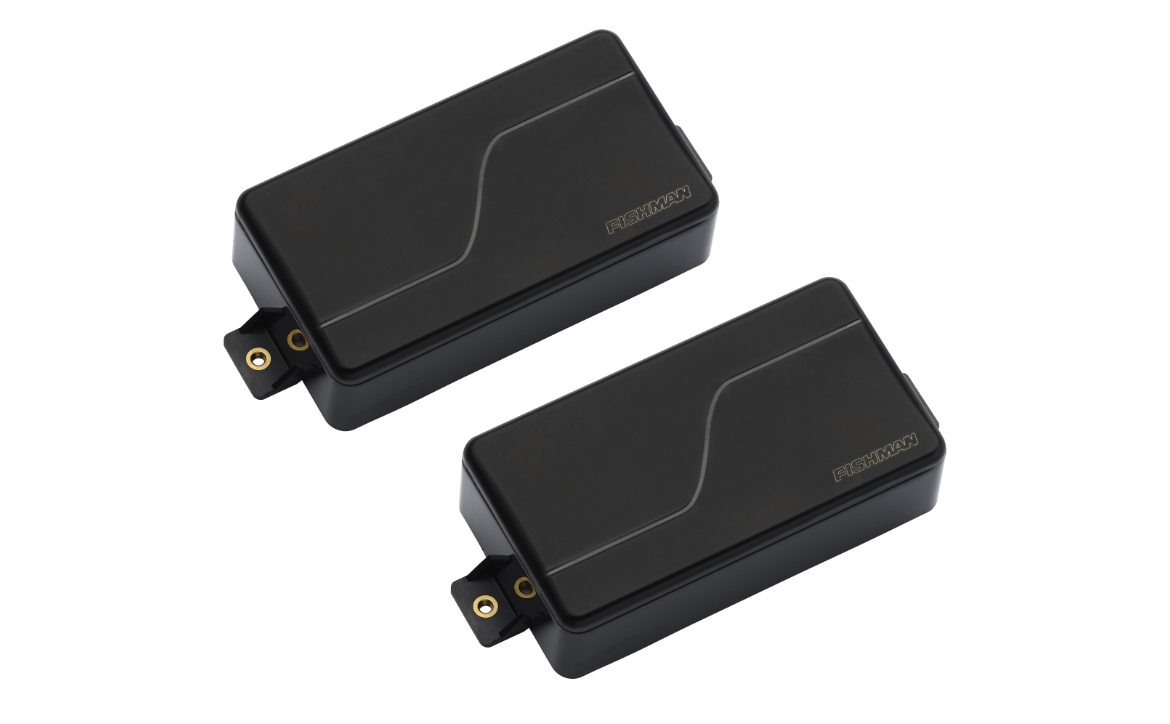Nintendo is one of the most popular gaming platforms on the planet. Some of you may not know that Nintendo started back in 1889. Of course, the company wasn’t making video games then, but you might find it surprising that it has been existing that long.
Estimated reading time: 3 minutes
So, naturally, a company that big and in business for this long will be protective of its intellectual property (IP). The company has pulled out its legal swords in a lawsuit filed against the creators of the Switch emulator program, Yuzu.
According to Engadget; In the lawsuit shared by Game File’s Stephen Totilo, the company argued that Yuzu violates the anti-circumvention and anti-trafficking provisions of the Digital Millennium Copyright Act (DMCA).

While Nintendo has encrypted security in its games, apparently, Yuzu has figured out how to bypass those security protocols which allows users to download games. These downloaded games are even playable on Android devices and personal computers. So you don’t need a Nintendo device to even play them.
Engadget continued; It’s illegal to “circumvent technological measures put into place by copyright owners to protect against unlawful access to and copying of copyrighted works” under the DMCA, Nintendo continued. And distributing “software primarily designed to circumvent technological measures” also constitutes unlawful trafficking. The defendants are, thus, “facilitating piracy at a colossal scale,” the lawsuit argued. This case could set a precedent for future lawsuits against emulators, which aren’t illegal in and of them themselves. As Ars Technica notes, Nintendo’s arguments are calling their very nature unlawful.
The company is asking the court to stop Yuzu and is also asking for compensation, though how much was not disclosed.
What do you think of this lawsuit? You may comment by using the social media buttons below. Share on your favorite social media site and tag us on Facebook, X, MeWe, and LinkedIn. Or join our Telegram channel here.
In some of our articles and especially in our reviews, you will find Amazon or other affiliate links. As Amazon Associates, we earn from qualifying purchases. Any other purchases you make through these links often result in a small amount being earned for the site and/or our writers. Techaeris often covers brand press releases. Doing this does not constitute an endorsement of any product or service by Techaeris. We provide the press release information for our audience to be informed and make their own decision on a purchase or not. Only our reviews are an endorsement or lack thereof. For more information, you can read our full disclaimer.
Last Updated on April 30, 2024.


